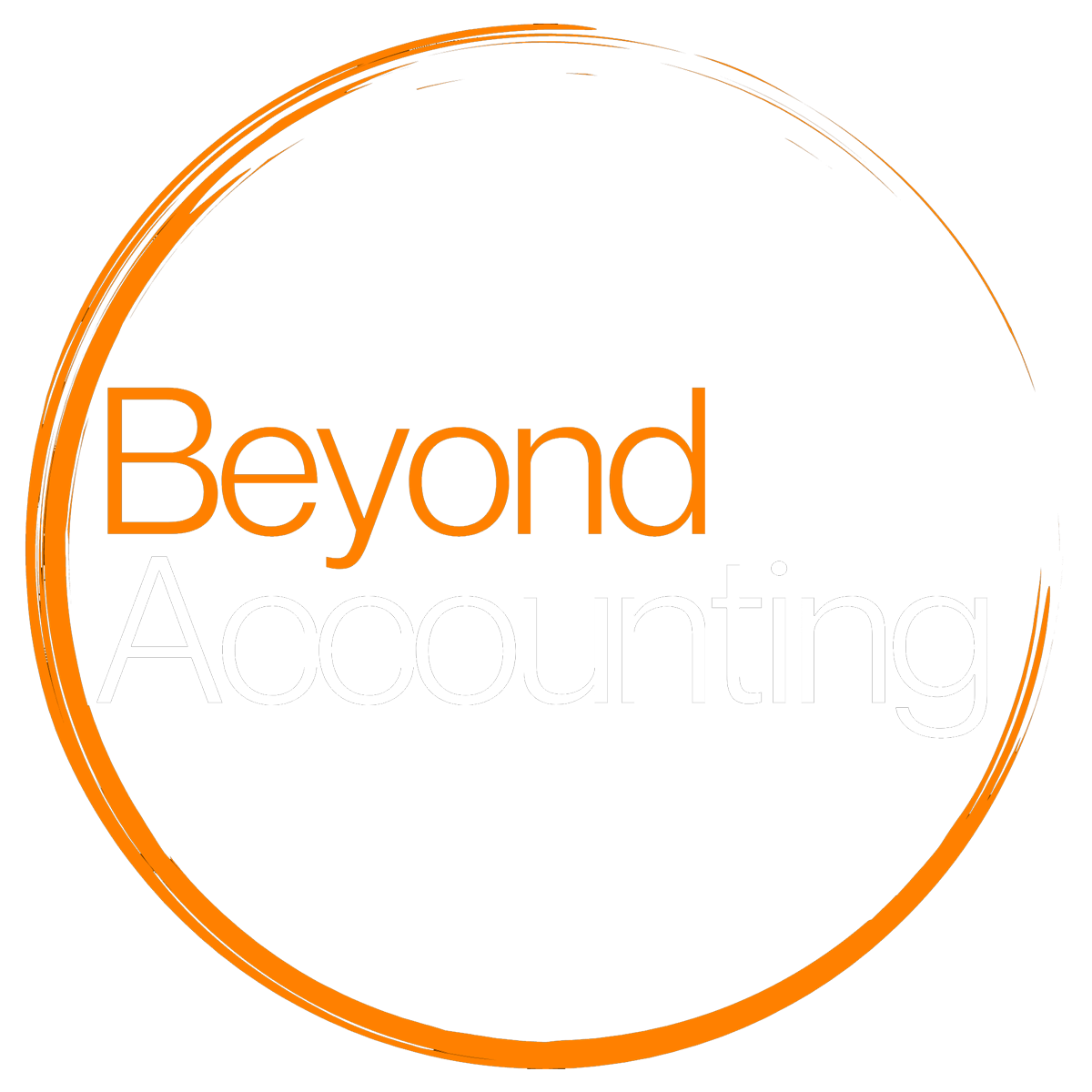The Pros and Cons of Incorporating in the UK: A Guide for Business Owners
When starting or growing a business, one of the key decisions you’ll face is whether to remain a sole trader or incorporate as a limited company. Incorporation can bring many advantages, but it’s not always the right move for everyone. In this guide, we’ll explore the benefits and drawbacks of incorporating in the UK to help you make an informed choice.
What Does It Mean to Incorporate?
Incorporating means registering your business as a separate legal entity with Companies House, creating a limited company. This separation has legal, financial, and tax implications compared to operating as a sole trader.
The Benefits of Incorporating in the UK
- Limited Liability Protection
As a director of a limited company, your personal assets are protected if the company faces financial difficulties. Sole traders, on the other hand, are personally responsible for all debts. - Tax Efficiency
Limited companies often pay less tax than sole traders. Profits are subject to Corporation Tax (currently 19% for profits up to £50K and 25% for profits over £250K with a marginal rate between £50-250K), which is typically lower than higher-rate Income Tax for sole traders. Directors can also pay themselves via dividends, which are taxed at lower rates than salary. - Professional Image
Operating as a limited company can enhance your business’s reputation. Many clients perceive incorporated businesses as more established and trustworthy. - Opportunities for Growth
Limited companies can issue shares to raise capital, making it easier to expand. They may also find it easier to secure business loans or attract investors. - Ownership Flexibility
Ownership of a company can be shared among shareholders, making it a good option if you plan to run the business with partners or pass it on to family members in the future.
The Drawbacks of Incorporating in the UK
- Increased Administration
Running a limited company comes with more paperwork. You’ll need to file annual accounts, a confirmation statement, and Corporation Tax returns with HMRC and Companies House. - Higher Accountancy Costs
Because of the additional compliance requirements, accountancy fees for limited companies are often higher than for sole traders. - Less Privacy
Limited company details, including directors’ names, are publicly available on Companies House. This can be a concern if you value privacy. - Dividend Restrictions
Dividends can only be paid out of company profits, so if the business doesn’t perform well, you may be limited in how much you can withdraw. - Responsibility as a Director
Directors have legal responsibilities, such as ensuring the company operates lawfully and meets its financial obligations. Failure to do so can result in penalties or disqualification.
Is Incorporation Right for You?
Incorporation can offer significant benefits, particularly if you’re growing your business or earning substantial profits. However, for smaller operations or those in the early stages, the additional responsibilities may outweigh the benefits.
If you’re unsure whether incorporation is the best move for your business, it’s worth seeking professional advice. An accountant can help you weigh the pros and cons based on your specific circumstances.
Need Advice on Incorporation?
At Beyond Accounting, we specialize in supporting businesses across York. Whether you’re a sole trader considering incorporation or a limited company looking for expert advice, we’re here to help.
Contact us today to book a consultation and make the best decision for your business.



